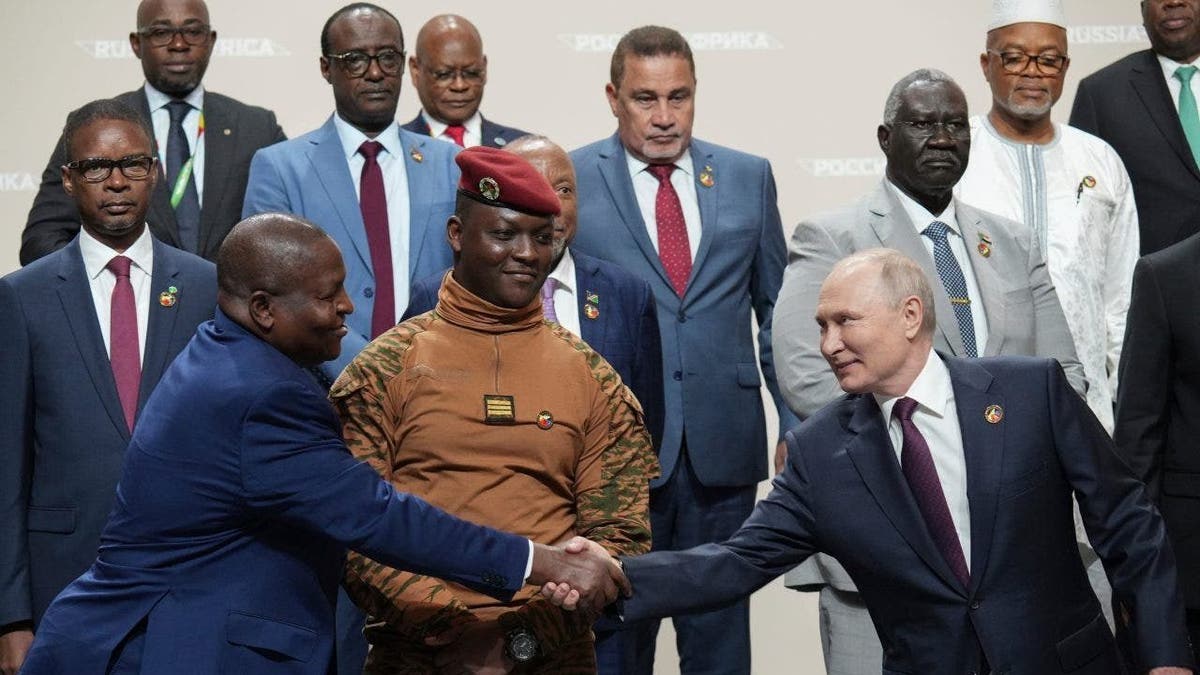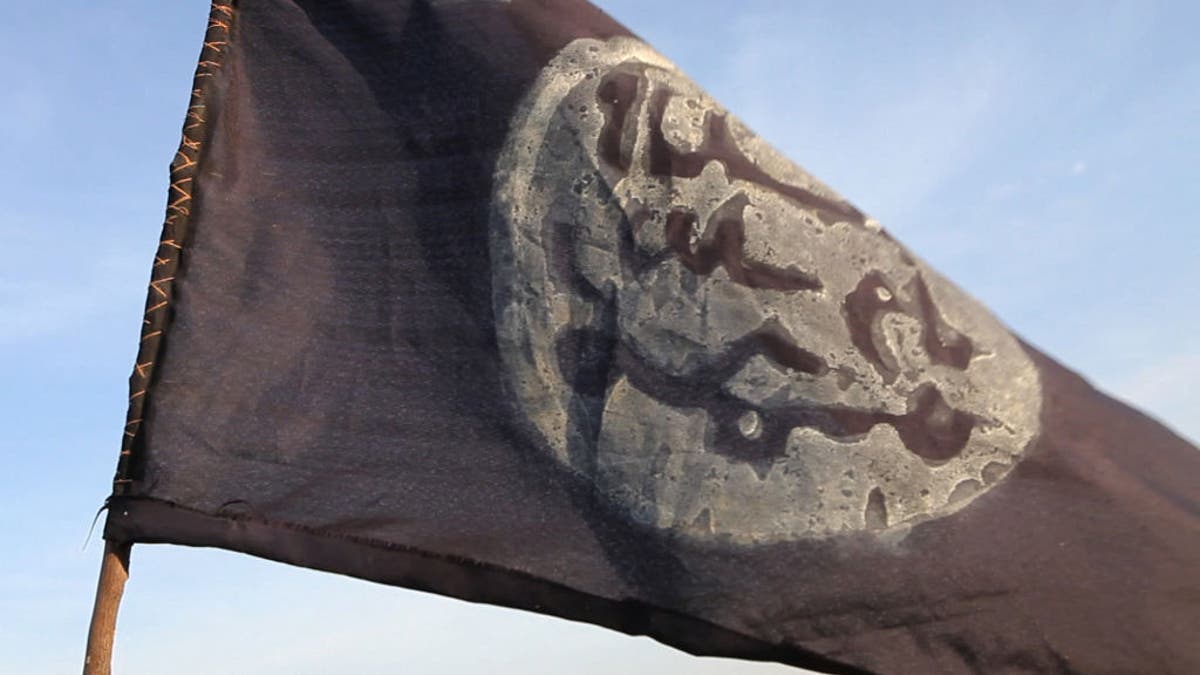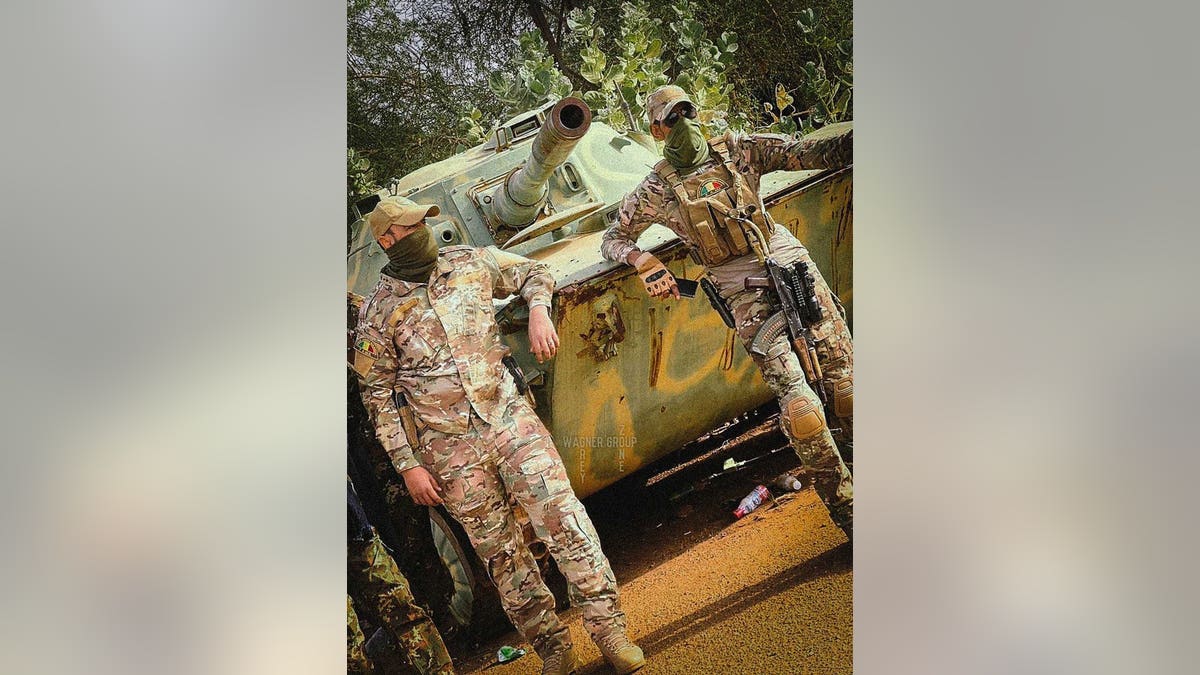
newYou can now listen to Fox News articles!
Analysts claim that the withdrawal of American and European forces from the African Sahel countries, and their replacement with Russian mercenaries, has led to the escalation of jihadist-driven terrorism.
The Sahel is a belt of countries running roughly west to east across the continent just below the Sahara Desert. A total of 3,885 deaths – about 51% of all terrorism-related deaths globally in 2024 – occurred in the Sahel, according to the Global Terrorism Index.
In at least three countries in the Sahel region – Mali, Niger, and Burkina Faso – military juntas that came to power in coups, particularly Niger and Mali, have expelled Western military forces. The United States, after 11 years in the country, was asked to halt counterterrorism drone operations from two bases in Niger last year. In Mali, French forces were expelled in 2022 after fighting Islamist terrorist groups for nine years.
Governments have turned to the Kremlin’s private mercenary army, known as the African Legion – formerly known as the Wagner Group – for protection. But the Russians are said to be more interested in extracting minerals than helping stop the spread of jihadism.
Is Trump considering a bold operation in Africa to confront China, Russia and Islamic terrorists?
Supporters of the National Council of the Home Guard of Niger (CNSP) carry a Russian flag (right) and a Chinese flag (left) as they gather at the concert square in Niamey on August 20, 2023. (Photo by AFP via Getty Images)
Ordinary people often bear the brunt of jihadist attacks in the Sahel. Last month, Islamist gunmen riding motorcycles killed 22 people in an attack on the village of Tillaberi in western Niger. Reports stated that 15 of the dead were families attending a child naming ceremony. In northern Mali, in January, Russian mercenaries allegedly joined government forces in executing 10 civilians, including a two-year-old boy.
In the Sahel, “groups linked to the Islamic State and al-Qaeda continue their territorial and strategic advance,” the Observer Research Foundation reported in August, “taking advantage of governance gaps and weak security forces to advance into coastal West African states such as Benin and Togo.”
“The situation in the Sahel, especially in Niger, Mali and Burkina Faso, has deteriorated rapidly since the United States and France withdrew from the countries in the wake of the coups,” Bill Roggio, a senior fellow at the Foundation for Defense of Democracies, told Fox News Digital.

Russian President Vladimir Putin, right, and Mozambican President Filipe Nyusi shake hands during a family photo opportunity during the Russia Africa Summit in St. Petersburg, Russia, Friday, July 28, 2023. ((Alexei Danichev, Sputnik, Kremlin rally photo via AP))
“The truth is that the situation was bad before the US and France left the region, but the withdrawal of US and French forces has exacerbated the jihadist advance,” added Roggio, who is also editor of the FDD’s Long War Journal.
“Both Al-Qaeda’s affiliate in the region, Jama’at Nusrat al-Islam wal-Muslimin (Jama’at Nusrat al-Islam wal-Muslimin (Jama’at Nusrat al-Islam wal-Muslimin) (Jama’at Nusrat al-Islam wal-Muslimin) and the Islamic State, made gains and took control of large pockets of countries… The military junta in these three countries wanted the West out, and turned to Russia to provide security through the Wagner Group, now ironically called the Africa Corps.”
A flashpoint between the United States and Russia looms over Putin’s plans for the African naval base

A Boko Haram flag flies from an abandoned command center in Gamboru after Chadian forces chased them from the border town on February 4, 2015. (Stefan Yass/AFP via Getty Images)
“Russian forces have little incentive to improve security and focus on securing mineral resources for profit,” Roggio added. “This further fuels the jihadist insurgency, which targets civilians caught between jihadists and weak or in some cases non-existent governments. There is not much the United States can do at the moment, because these governments are anti-Western and do not want American and French forces to return. I am not sure either country has the political will or desire to return.”
Regarding the situation in Niger, Frans Cronje told Fox News Digital: “During the run-up to the 2023 coup, a highly sophisticated political and media campaign was waged to poison public opinion against Western influence in Niger, often using the kind of anti-colonial tropes that have become popular as part of the West’s culture of vigilantism.”

Russian Wagner Group mercenaries in Mali, Africa. (East 2 West)
Cronje continued: “French and American stabilization efforts were branded as imperialist interference and worse. This was on top of the fact that French and American forces were already under intense pressure in the fight against a jihadist insurgency threatening the civilian population. You could make the case that even without the coup, the Western position was untenable, not committing ever larger quantities of arms and munitions to a war so far away from Paris and Washington.
Cronje agreed with Roggio in his assessment of the Kremlin’s position: “Russian forces have now filled the gap left by the French and Americans, but Russia’s goal is to secure resource supply chains – not civilians.”
CLICK HERE TO GET THE FOX NEWS APP

Wagner mercenaries in Mali December 2023. (East 2 West)
He concluded: “It is difficult to say whether this situation could have been avoided. The only way to do it was to run political and media operations to build popular support for Western actors, then install a pro-Western administration, and then, significantly increase Western military resources, including forces deployed in Niger. All of this is a bridge too far for Western actors – and in many respects this is understandable.”
A State Department spokesperson told Fox News Digital: “The United States has engaged with the Sahel countries using a pragmatic approach focused on advancing our foreign policy priorities. Recent visits by Deputy Assistant Secretary Will Stevens to the region have strengthened the U.S. government’s work with host country officials to advance U.S. trade opportunities and engage in strategic counterterrorism priorities to mitigate threats to U.S. personnel and interests.”
